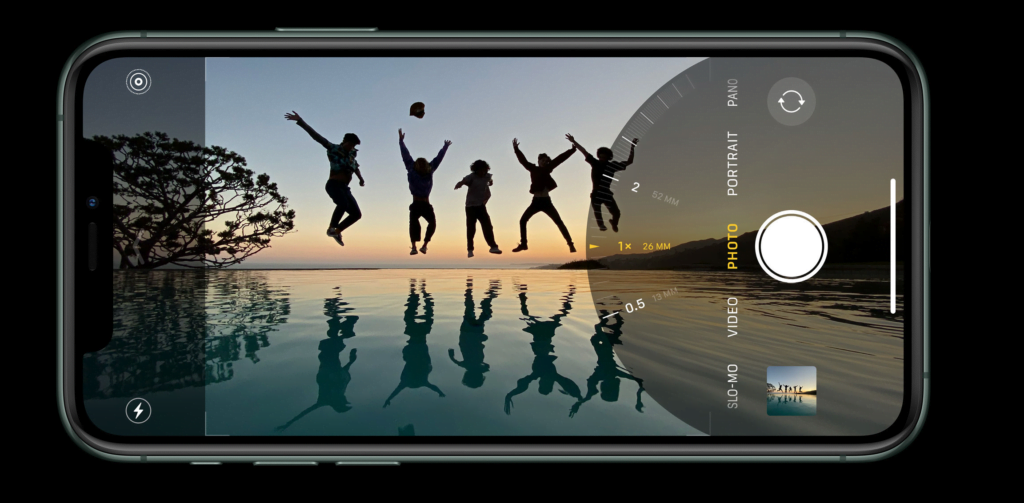Table of Contents
Introduction
When you use a highly intensive use of bright and blue light to your eyes. That has been linked to many health issues. And that includes cancer, diabetes, heart disease, obesity, and insomnia. That is why the latest new technology devices and TV screens are using the new OLED screen. So users have better protection for their eyes. But what is this different in this new technology?
The definition:
- LED = light-emitting diode. That is a semiconductor light source that emits light when current flows through it.
- OLED = organic light-emitting diode. That is a light-emitting diode (LED) in which the emissive electroluminescent layer is a film of an organic compound that emits light in response to an electric current.
The LED LCD screens use a backlight to illuminate their pixels, while OLED’s pixels actually produce their own light.
Benefits OLED screen
OLEDs offer many advantages over both LCDs and LEDs:
- The plastic, organic layers of an OLED are thinner, lighter, and more flexible than the crystalline layers in an LED or LCD.
- Because the light-emitting layers of an OLED are lighter, the substrate of an OLED can be flexible instead of rigid.
So if you asking if OLED is better for reading? Yes, the screen will not enable the pixel when it is a black color. That will show you a true black and wide color gamut than an LED screen.
Applications of OLED
Witness the versatility of OLED technology as it finds applications beyond television screens. From wearable devices to automotive displays, OLEDs are reshaping how we interact with technology. Discover the industries where OLEDs are making a significant impact.
OLED vs. LED
Navigate the differences between OLED and LED displays. While both technologies have their merits, OLED’s ability to deliver true blacks and a wider viewing angle sets it apart. Understand the factors that make OLED the preferred choice in certain scenarios.
OLED in Smartphones
Experience the transformation of smartphone displays with OLED technology. The vibrant colors, energy efficiency, and flexibility of OLED screens have made them the go-to choice for leading smartphone manufacturers. Explore how OLED enhances the mobile user experience.
Devices that use OLED screen technology:

- Mobile smartphones: iPhone XS, iPhone XS Max, iPhone 11 Pro, iPhone 11 Pro Max, iPhone 12 Pro, iPhone 12 Pro Max, etc.
- TV screens: LG OLED55C9PLA, Panasonic TX-55GZ950B, Philips 55POS9002, Sony KD-65AF9, etc.
Conclusion
In conclusion, OLED screens stand at the forefront of visual technology, offering unparalleled display quality and design flexibility. As we continue to witness advancements in OLED technology, the future promises even more breathtaking visual experiences across various devices.
If you want to protect your eyes on the web, you can use the free and useful Turn Off the Lights Browser extension. With this tool, you can customize the web experience to your comfortable. That with enabling the Night Mode feature to convert each website in your own dark theme. Or with a single click, it can reduce the screen brightness.
FAQs about OLED Screens
Are OLED screens better than LCD?
In generally offer better contrast, faster response times, and superior color reproduction compared to LCDs.
Does OLED consume more power?
OLED screens are more power-efficient as each pixel is individually lit, allowing for precise power management.
Can OLED suffer from burn-in?
While it can experience burn-in, modern technologies and preventive measures have significantly reduced this risk.
Are OLEDs more expensive?
Initially, OLED screens may be pricier, but as technology advances, costs are gradually decreasing, making them more accessible.
Can OLED be used outdoors?
Yes, it performs well in various lighting conditions, including outdoor environments, due to its superior contrast and brightness.
Is OLED technology environmentally friendly?
OLED technology can be eco-friendly, as it doesn’t require a backlight, leading to energy savings and reduced environmental impact.
Did you find technical, factual or grammatical errors on the Turn Off the Lights website?
You can report a technical problem using the Turn Off the Lights online technical error feedback form.